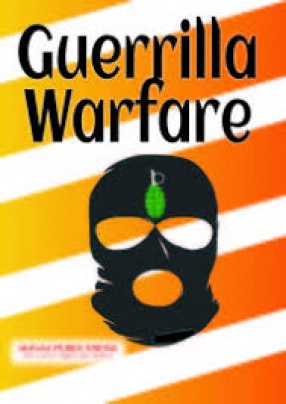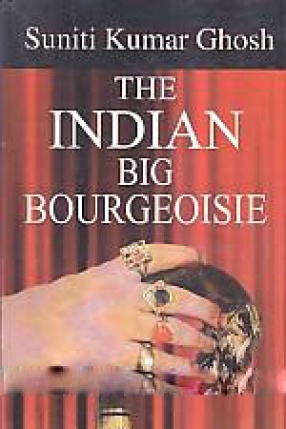Since ancient times, many strategies and tactics have been used by every class of men to fight foreign invaders and oppressors. These fighting strategies and tactics, later on called guerrilla warfare, had their points of difference at different times, their peculiar characteristics, their different processes and results and ultimately the priceless experience gained during several hundred wars. In a way, guerrilla warfare, is an inevitable form of struggle at a time when the mass movement has actually reached the point of an uprising and when fairly large intervals occur between the “big engagements” in the civil war.
Modern insurgencies and other type of warfare may include guerrilla warfare as part of an integrated process, complete with sophisticated doctrine, organisation, specialist skills and propaganda capabilities. Guerrillas can operate as small, scattered bands of raiders, but they can also work side by side with regular forces, or combine for far ranging operations in squad, platoon or battalion sizes, or even form conventional units. Moreover, guerrilla warfare is a weapon that a nation inferior in arms and military equipment may use against a more powerful aggressor nation.
This book highlights in detail the basic concepts of guerilla warfare, political problems, psychological operations in guerrilla warfare, armed propaganda, control of mass concentrations and meetings, massive in-depth support, counterinsurgency guerilla warfare, essence of guerrilla warfare, organizational structure and what not on beginning, development and end of a guerrilla war. This treatise, is thus the most comprehensive exposition of the subject of guerrilla warfare and will be found very useful for historians, defence personnel, administrators and the like.





There are no reviews yet.